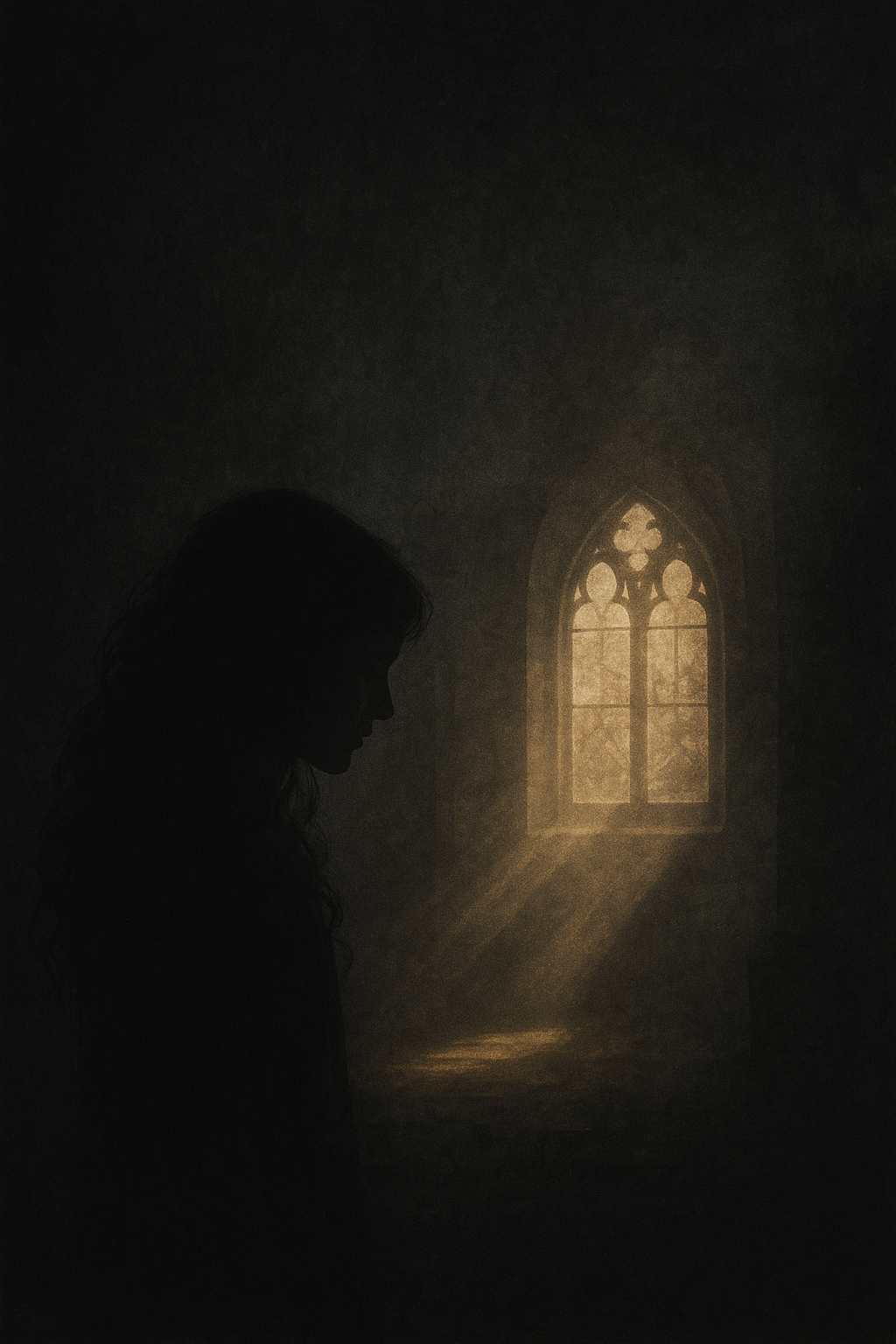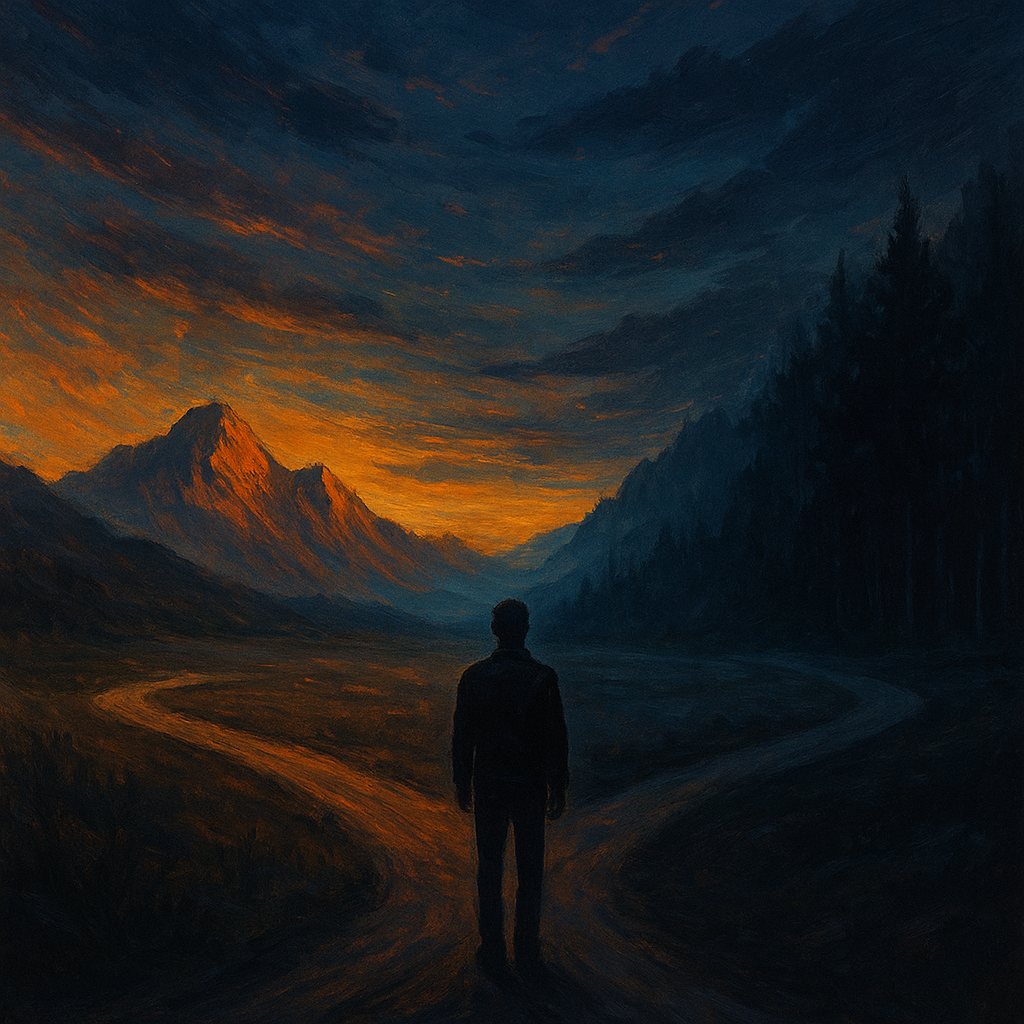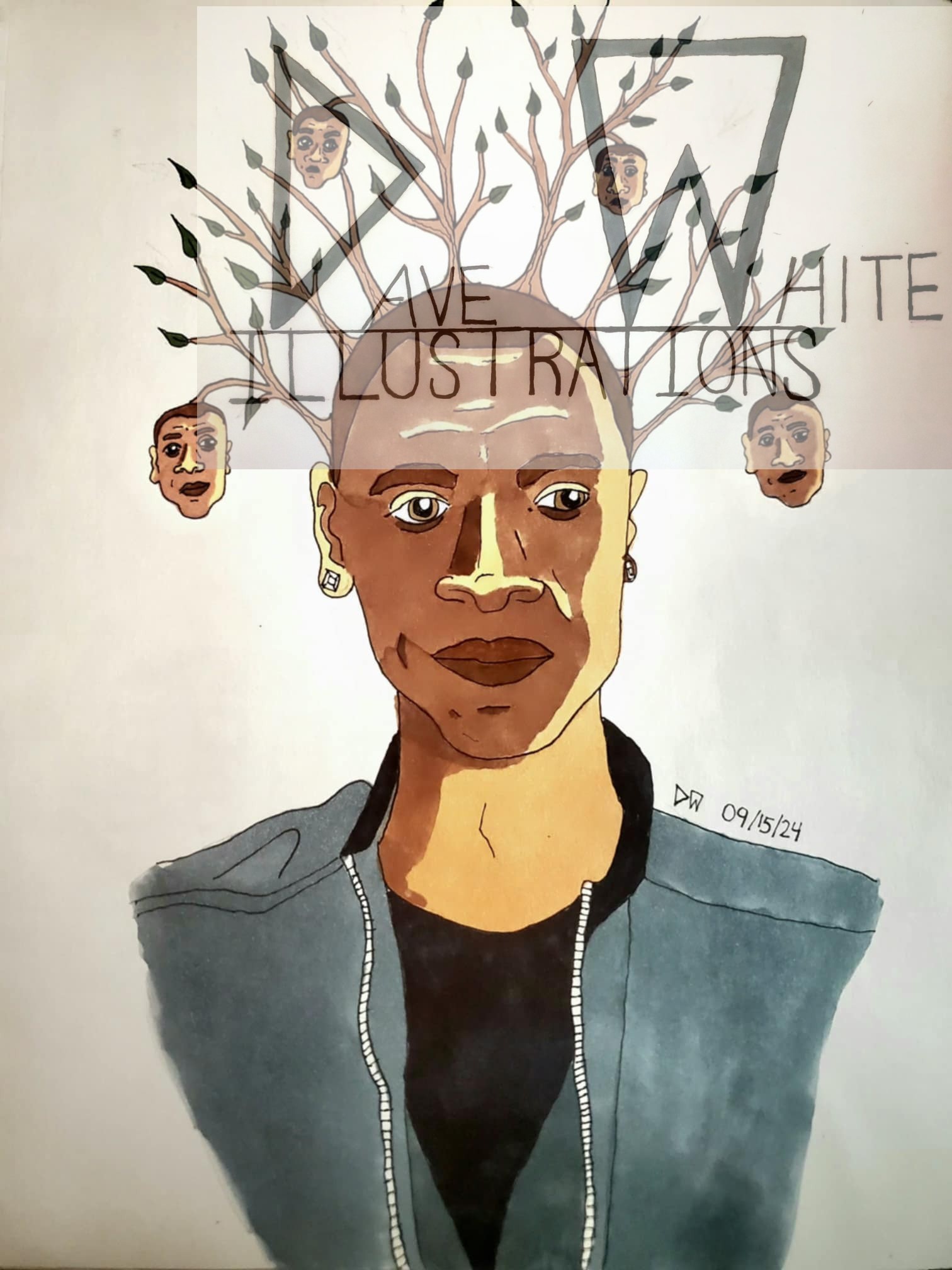On Grief, Creativity, and Resilience
Some stories don’t begin with triumph—they begin in darkness. They start in the quiet spaces where grief lingers, where hope feels fragile, and where love, even when interrupted by loss, refuses to fade.
I have often thought about what it means to carry sorrow and still create. To write is to take what is unspeakable and wrestle it into language. To make art is to insist that beauty can emerge even from the most broken places. This is what I hope my words and David’s illustrations offer: a meeting place for pain and creation, for despair and light.
Grief, after all, does not come with instructions. When my daughter Khaleesi passed away, the world itself seemed to fracture. And yet, her short life became a reminder that impact is not measured in years but in depth. She remains a guiding presence, her name echoing in every page I write. As C.S. Lewis wrote in A Grief Observed: “Her absence is like the sky, spread over everything” (Lewis, 1961). The absence is immense, but so too is the love that continues to grow.
But survival does not happen alone. It happens in the quiet presence of others, in the belief that our stories are worth telling. David’s art became part of that process. His illustrations do not merely decorate the words—they translate them into another language. They capture what cannot always be said, shaping emotion into color and line. Together, we discovered that creativity is not simply an act of self-expression—it is an act of connection.
This is why I write. Not because life is easy, but because silence is heavier than words. Not because grief has an end, but because it needs a voice. And not because healing is linear, but because telling our truths gives others permission to tell theirs.
To those who carry invisible battles, who rise each day against shadows—you are not alone. Your endurance is proof that resilience is not loud but persistent. May these reflections remind you that even in darkness, there are sparks of light waiting to be seen.
Works Cited
Lewis, C.S. A Grief Observed. Faber and Faber, 1961.





Leave a Reply